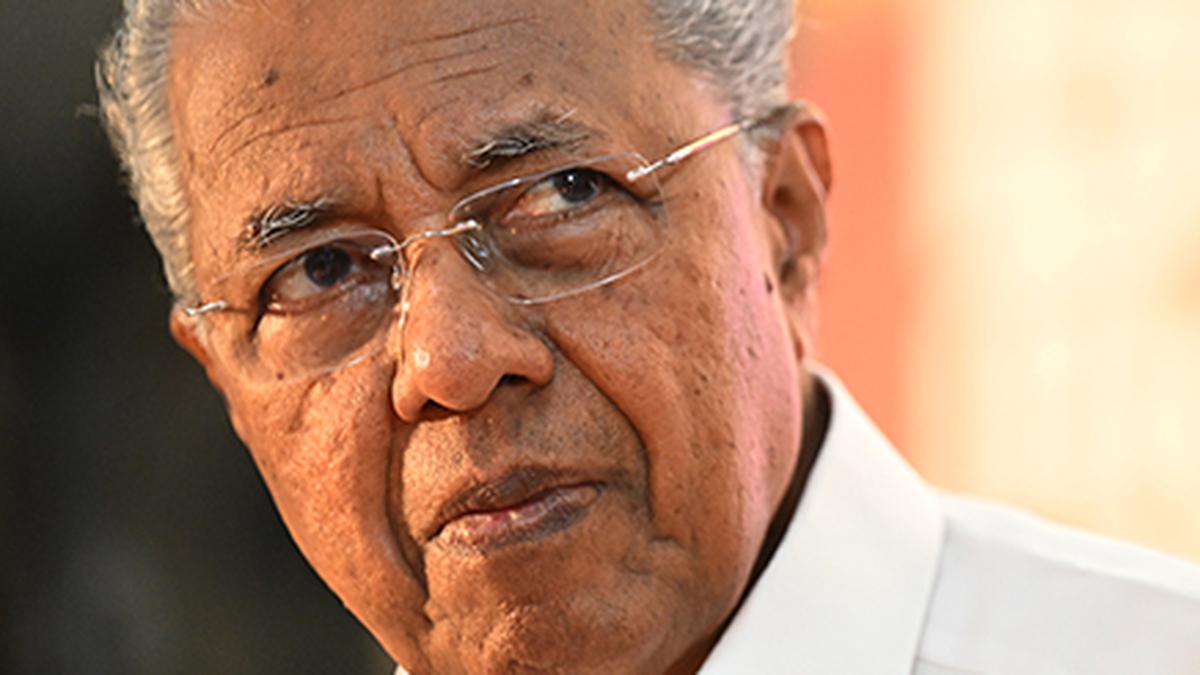
Kerala Assembly passes resolution against Draft UGC Regulations
The Hindu
Kerala Assembly resolution calls for withdrawal of UGC Regulations, emphasizing state government's role in higher education.
The Kerala Assembly on Tuesday (January 21, 2025) unanimously adopted a resolution calling for the immediate withdrawal of the Draft University Grants Commission (UGC) Regulations of 2025.
Editorial |Centralising control: On the Draft UGC Regulations, 2025
The resolution urges the Centre to review the proposed norms and to introduce a fresh set of guidelines only after thorough consultations with state governments, academics and other stakeholders to ensure that the interests of all parties are adequately considered.
The move follows a call by Tamil Nadu Chief Minister M.K. Stalin, who urged other states — particularly those governed by coalitions other than the National Democratic Alliance (NDA) — to pass resolutions similar to the one recently adopted by the Tamil Nadu Assembly.
The resolution, moved by Chief Minister Pinarayi Vijayan, flags the guidelines as inconsistent with India’s federal structure and fails to adequately reflect the principles laid down in the Constitution.
It asserts that the power to establish and supervise universities rests with the state governments, as per the Constitution’s Seventh Schedule. Referring to the 42nd Constitutional Amendment of 1977, which moved education, including higher education, to the Concurrent List, the resolution also emphasises that the Central government’s role should be limited to coordinating and setting standards for higher education.
The document criticises the Draft UGC (Minimum Qualifications for Appointment and Promotion of Teachers and Academic Staff in Universities and Colleges and Measures for the Maintenance of Standards in Higher Education) Regulations, 2025, for excluding state governments from key decisions, particularly the appointment of Vice-Chancellors and setting of qualifications and service conditions for faculty members.













